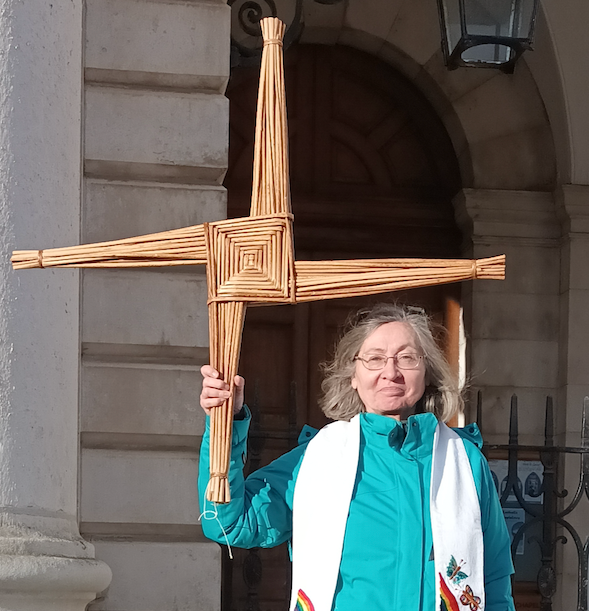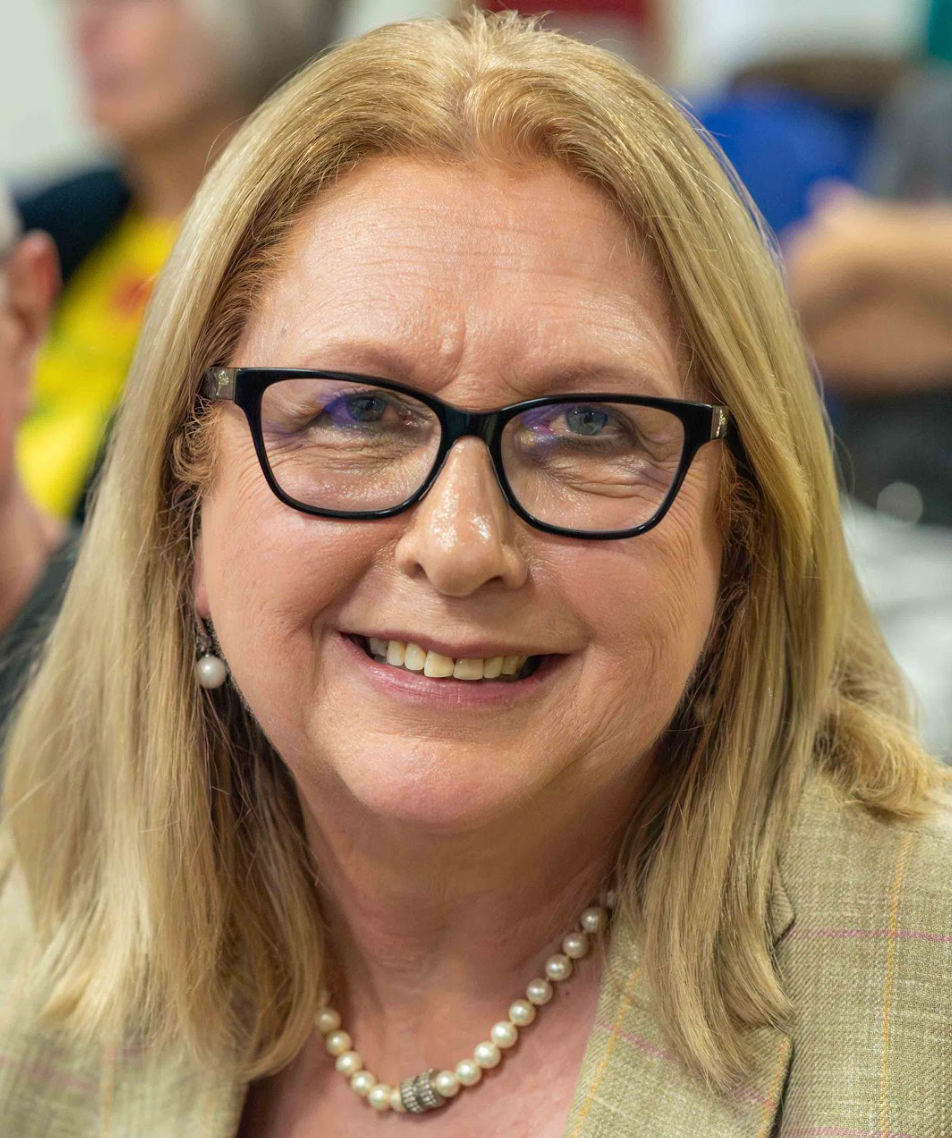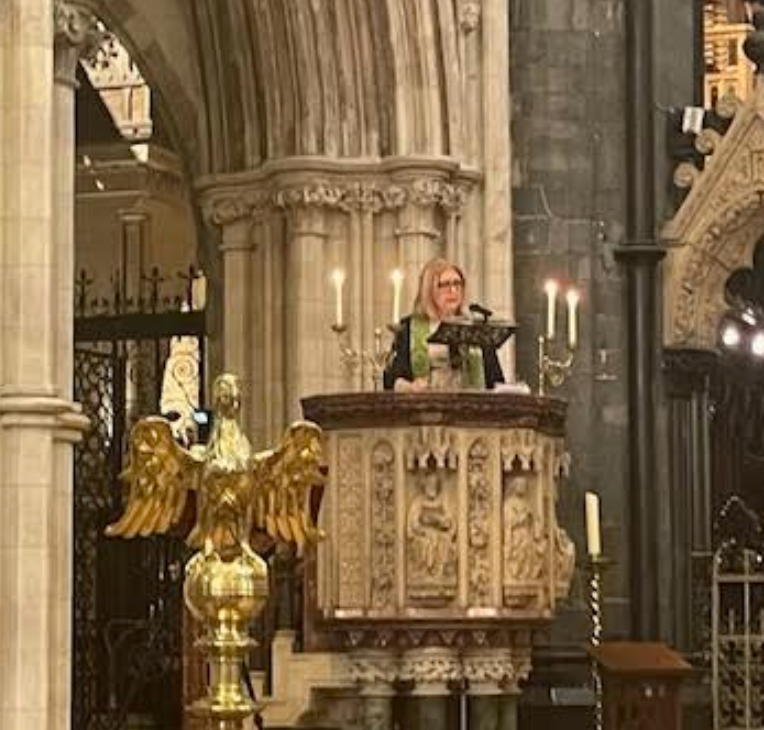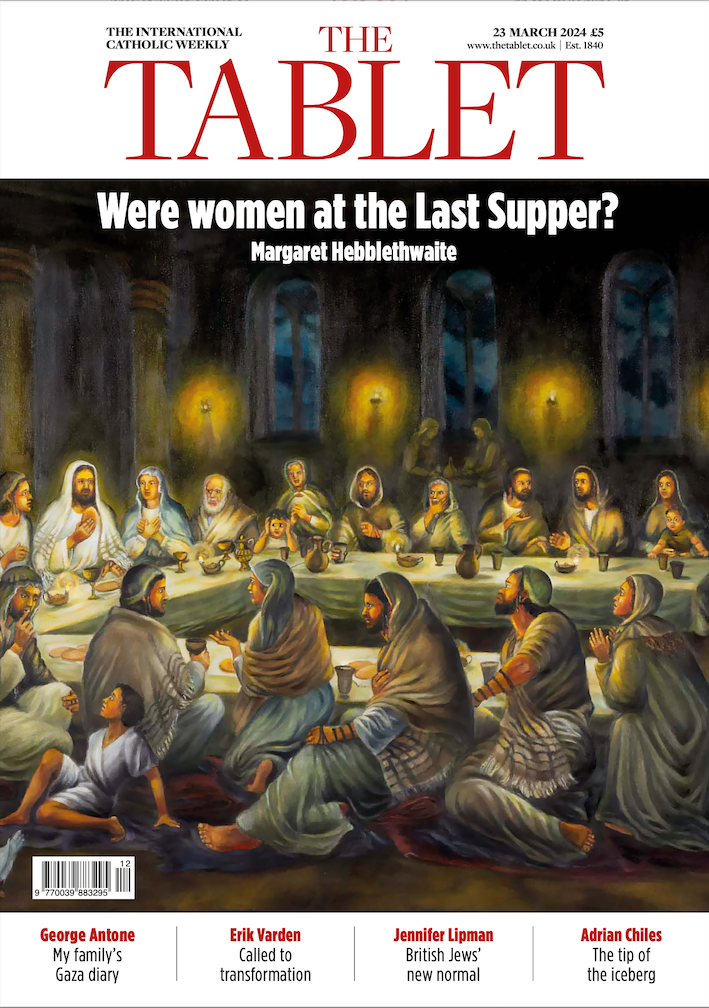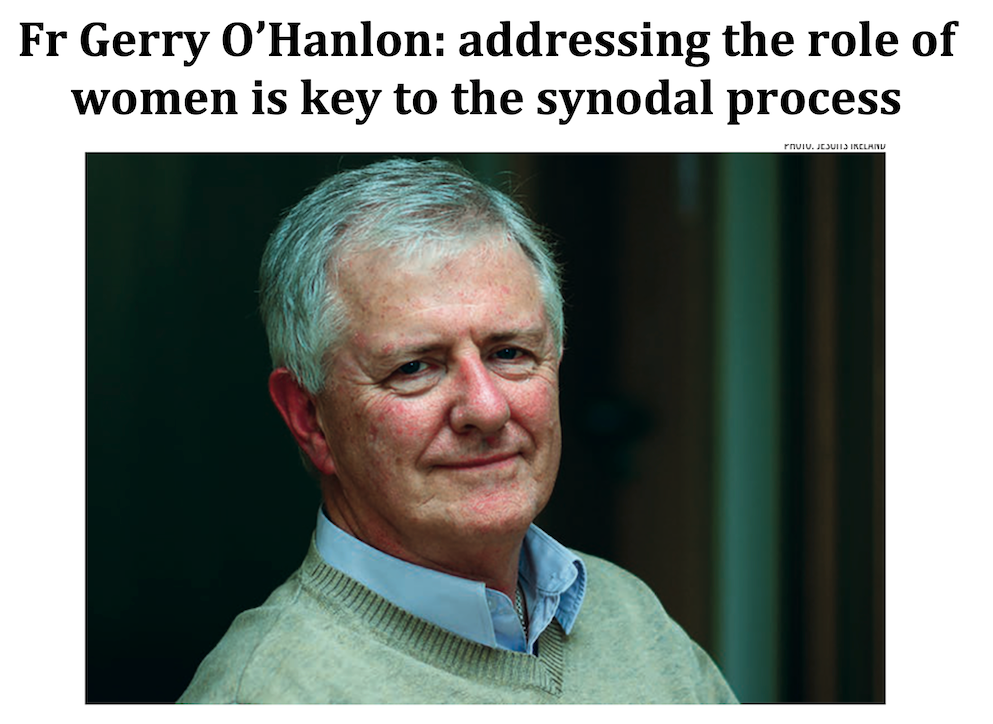Is old ‘pay, pray and obey’ model of Catholic Church on way out?
Retreat to defensive, territorial and fearful approach to global synodal process must be resisted
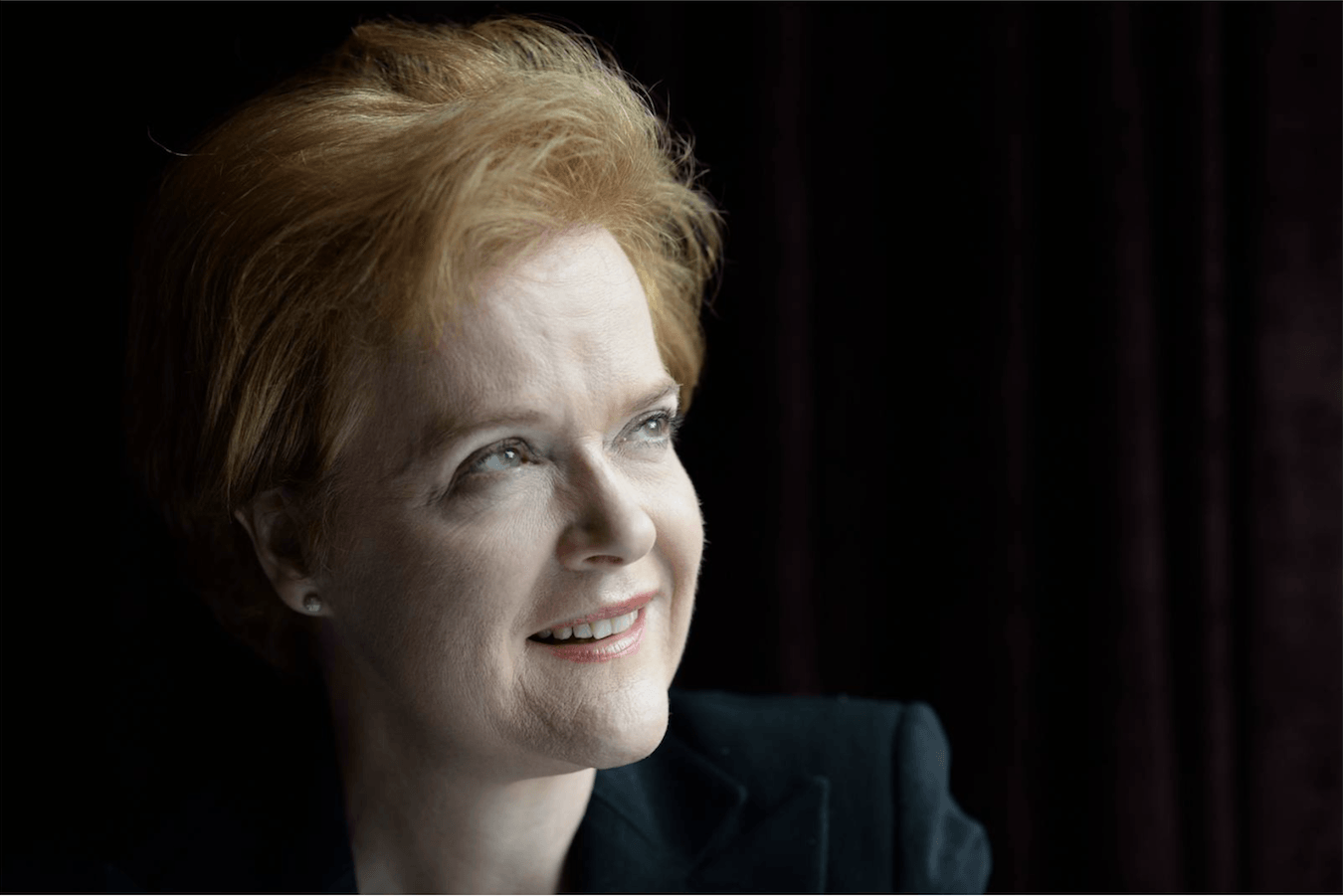
“Time is greater than space” is a fundamental principle for Pope Francis and key to understanding his strategy for reforming the Catholic Church. He believes that authentic change takes time and emerges from processes rather than static structures.
The ongoing global synodal process in the Catholic Church worldwide is a product of this thinking. The term “synodal” means “walking together” with the aid of the Holy Spirit and describes Francis’s dream of a different way of being church; one that shifts the dynamic of power away from the hierarchical model towards a “people of God” model as proposed at Vatican II.
Seasoned observers believe that the three-year process, set to culminate in a Synod of Bishops in Rome next year, contains the seeds of fundamental change and a potential to destabilise the eminent position of the Catholic hierarchy. Some are calling it the “quiet revolution”.
Later this month, the Irish bishops will publish their national synthesis on the feedback from tens of thousands of Catholics across the island who took part in listening sessions that formed the first stage of Pope Francis’s Global Synodal Process.
Their statement will be an opportunity to assess the bishops’ attitudes to Francis’s synodal process. It will reveal whether they are embracing its spirit of humility and culture of encounter, or whether they are wedded to the status quo and seek to preserve their power within it.
We already know, from the diocesan synthesis of feedback last June, that an overwhelming majority of Irish Catholics favour equality for women in the church, inclusion of LGBT+ people and a rethink of church teaching on sexuality, gender and other issues. The same matters have registered internationally across the global synodal process.
Talking shop
The problem is these views are at odds with current church teaching. If the synodal process is to honour the promptings of the Holy Spirit in the people of God it will have to consider the possibility of re-examining some church teachings. To do otherwise would be to betray the stated purpose of the process (ie deep listening to the Holy Spirit) and reduce the exercise to a talking shop.
Some bishops, here and abroad, have been playing down this possibility, saying that church doctrine is not up for debate. But the woman, and senior Vatican official overseeing the synodal process, Sr Nathalie Becquart, is not as definitive. She has described the process as a “creative path”, saying, “we have no idea where it will end”. She said we have to be open to the “surprises of the Holy Spirit”.
In any case, (aside from the foundational beliefs of Christianity) history shows that church doctrine has “developed” as our understanding of the truth has evolved. Theological scholarship has been central to this evolution of understanding and, over the last 80 years, it has revived an earlier understanding of “church” that has helped inform the synodal process.
Astonishingly, many Catholics are unaware of these developments. They are unaware that Vatican theologians now accept that, by virtue of their common baptism, the sense of faith in all the faithful (ie the sensus fidelium) is as vital a part of the teaching authority of the church (ie the magisterium) as that of the hierarchy.
Many Irish Catholics are unaware of this because their theological education has never been prioritised or adequately supported by the hierarchy. It also doesn’t help that the hierarchy still presents itself alone as the teaching authority in the church.
People of God
The recovery of the image of church as the people of God and the growth in appreciation of the sensus fidelium are the two theological concepts driving the synodal process. Neither of them, however, diminish the role of discernment assigned to the bishops but they do oblige the bishops to anchor their discernment in an authentic and faithful listening to the people of God.
In the past, the teaching authority of the church was the exclusive preserve of the hierarchical church. The old “pay, pray and obey” model of church was the order of the day. But with the synodal process this has now gone. Or has it?
We saw some hopeful signs in June when the pre-synodal assembly met in Athlone. There, the bishops graciously welcomed representatives from across Catholic Ireland, including members from reform movements. They wisely kept themselves off-stage and their steering committee presented a synthesis of the feedback from listening sessions with impressive integrity and fairness.
As a woman and a person who is gay, I felt heard that day. It gave us all hope. However, in recent weeks, signs of a retreat to the old order have surfaced.
On July 23rd, in a homily at St Patrick’s College, Maynooth, the Primate of All Ireland and Archbishop of Armagh, Eamon Martin, set down what could be interpreted as a marker to the people of God, when he said: “Synodality should not diminish the teaching authority of the Pope and the bishops…”
I hope the statement from the bishops when it is published later this month does not adopt such a defensive, territorial and fearful approach to the synodal process. I hope it will express a more humble and open response to the creative power of the Holy Spirit at work in the people of God.
I hope it will acknowledge the necessity of change on the part of the bishops and, like Sr Nathalie Becquart, be open to the “surprises of the Holy Spirit”.
Ursula Halligan is a member of the voluntary group We Are Church Ireland which campaigns for justice and reform in the Catholic Church
Rite & Reason; The Irish Times; 1 August 2022
